In the manufacturing of consumer electronics and precision appliances, problems such as Handle Cracking and Connector Corrosion are often underestimated, yet they play a critical role in determining the overall lifespan and reliability of the device. For OEM and ODM partners, understanding how these two failure modes impact product durability is essential to optimizing design, reducing warranty claims, and maintaining market competitiveness.
Handle Cracking refers to the development of visible or internal fractures in the plastic, rubber, or composite material used in the handle of a device. This issue is common in products that are subjected to repeated mechanical stress, exposure to moisture, UV radiation, or temperature cycling.
When cracks form in the handle structure, they compromise both the mechanical strength and the sealing capability of the device. Over time, handle cracking can lead to water ingress, contamination of internal components, or a loss of structural integrity—all factors that contribute to premature product failure.
Connector Corrosion occurs when metal contacts in electrical connectors are exposed to moisture, salts, or corrosive environments. This leads to oxidation or material degradation that increases electrical resistance, causes intermittent connections, or even total circuit failure.
Connector corrosion is particularly dangerous in battery-powered or high-frequency electronic devices, where stable and low-resistance electrical pathways are crucial. Once corrosion sets in, it may spread unnoticed until the device starts to malfunction, causing disruptions in performance or complete power failure.
While Handle Cracking and Connector Corrosion may seem like separate problems, they are often directly related:
In this way, Handle Cracking indirectly contributes to Connector Corrosion, setting off a chain reaction that degrades the device’s performance and lifespan.Company web: https://www.powsmart.com/product/electric-toothbrush/
.jpg)
Certain design and operational choices can elevate the risk of both Handle Cracking and Connector Corrosion:
To address the twin challenges of Handle Cracking and Connector Corrosion, B2B manufacturers should consider these proven preventive measures:
For OEM and ODM brands, the hidden relationship between Handle Cracking and Connector Corrosion presents a serious threat to product lifespan and customer satisfaction. Ignoring this link can result in shortened device life, higher failure rates in the field, and costly after-sales service burdens.
By investing in superior material selection, sealing design, and corrosion-resistant components during the R&D and production phases, manufacturers can ensure their products remain durable, safe, and competitive in demanding markets. Contact us
.jpg)
Orthodontic Care Electric Toothbrush OEM
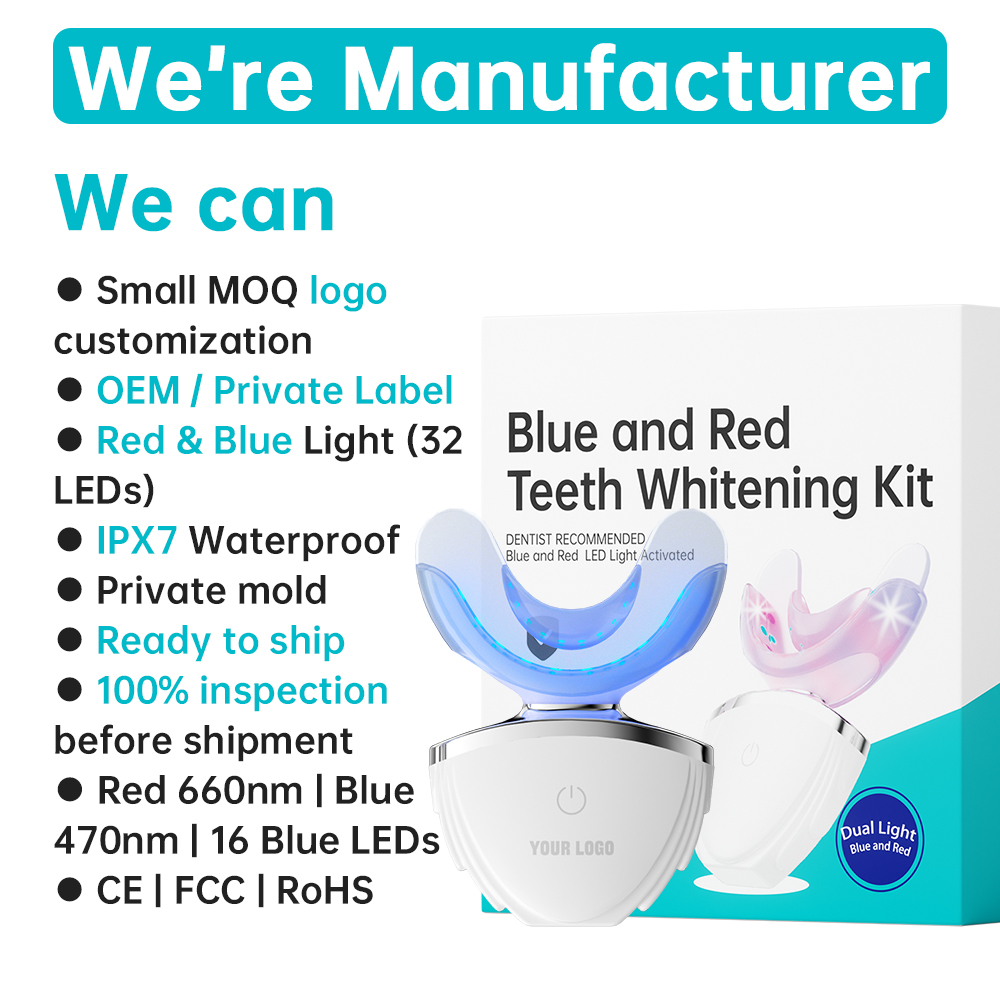
How Does a Modern Touch Interface Design Integrate with an LED Display Module for User Feedback?
.jpg)
Multi-Mode Electric Toothbrush Manufacturer for OEM Oral Care Projects
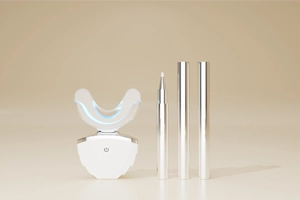
Frequency and Tips for Using Your At-Home Mouthpiece Recommended by Your Dentist
.jpg)
Electric Toothbrush OEM Inspection: How Powsmart Ensures B2B Supply Chain Quality

The Rising Market Potential of At-Home Teeth Whitening Devices
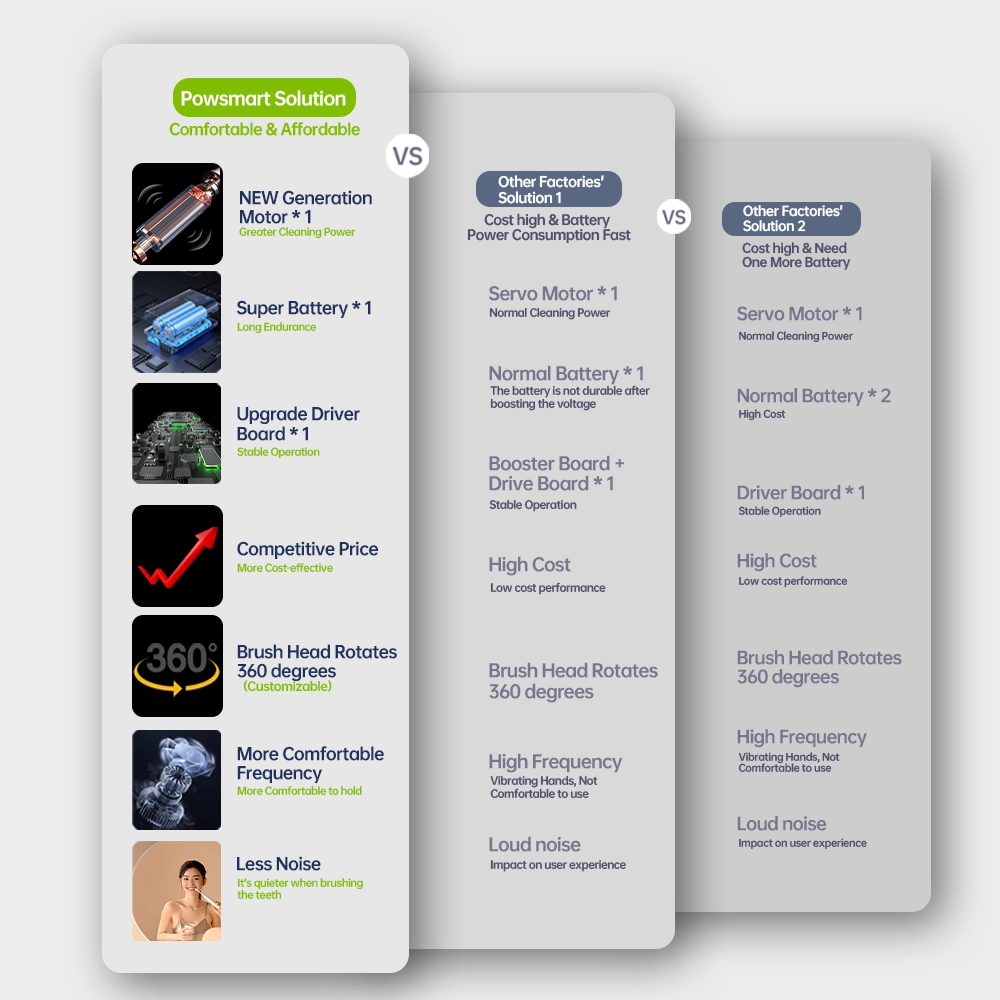
Analysis of the Core Components of Electric Toothbrush: How Do High-Performance Motors Improve Cleaning Efficiency?

How Important It Is to Whiten Your Teeth!
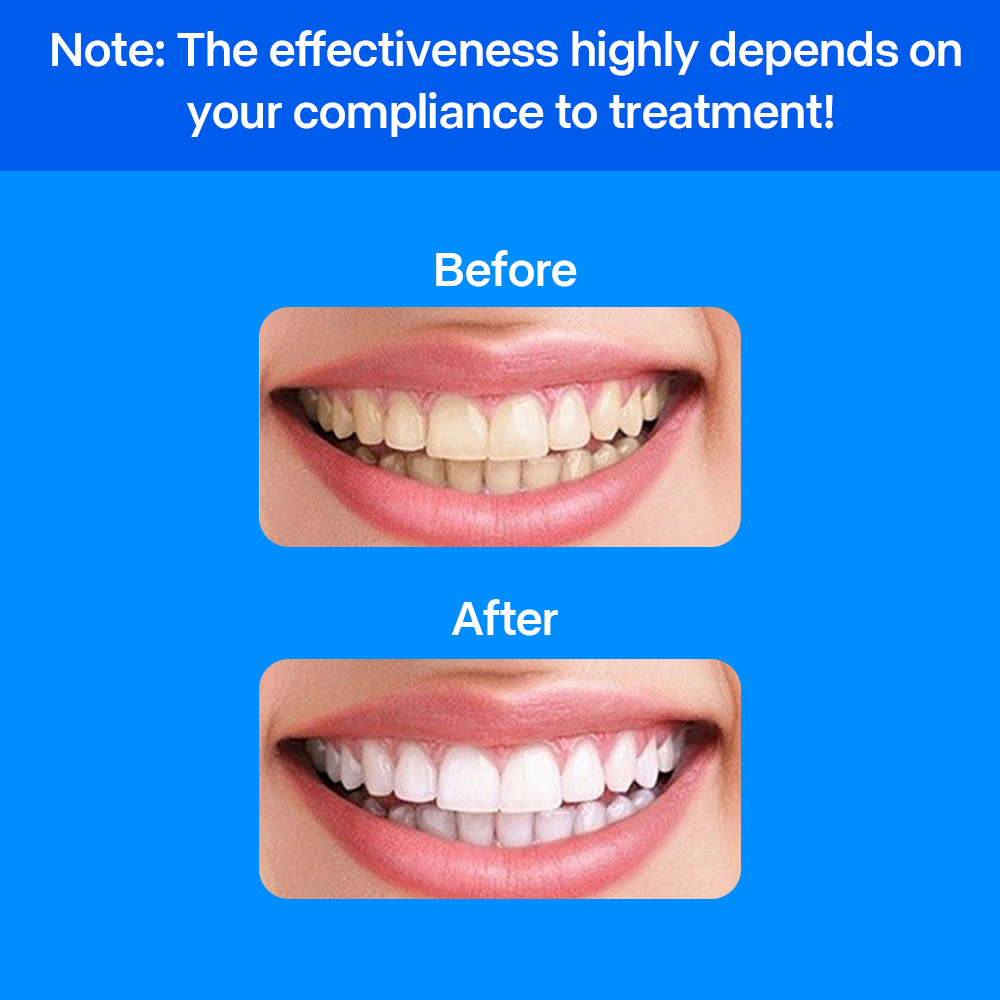
Introduction of 5 Important Teeth Whitening Products in Oral Care and Their Pros and Cons
.jpg)
Sensor Failure During Overpressure Damage – Double Trouble?
.jpg)
Why Offer B2B Water Flosser Customization for Eco Friendly Water Flosser Demand?
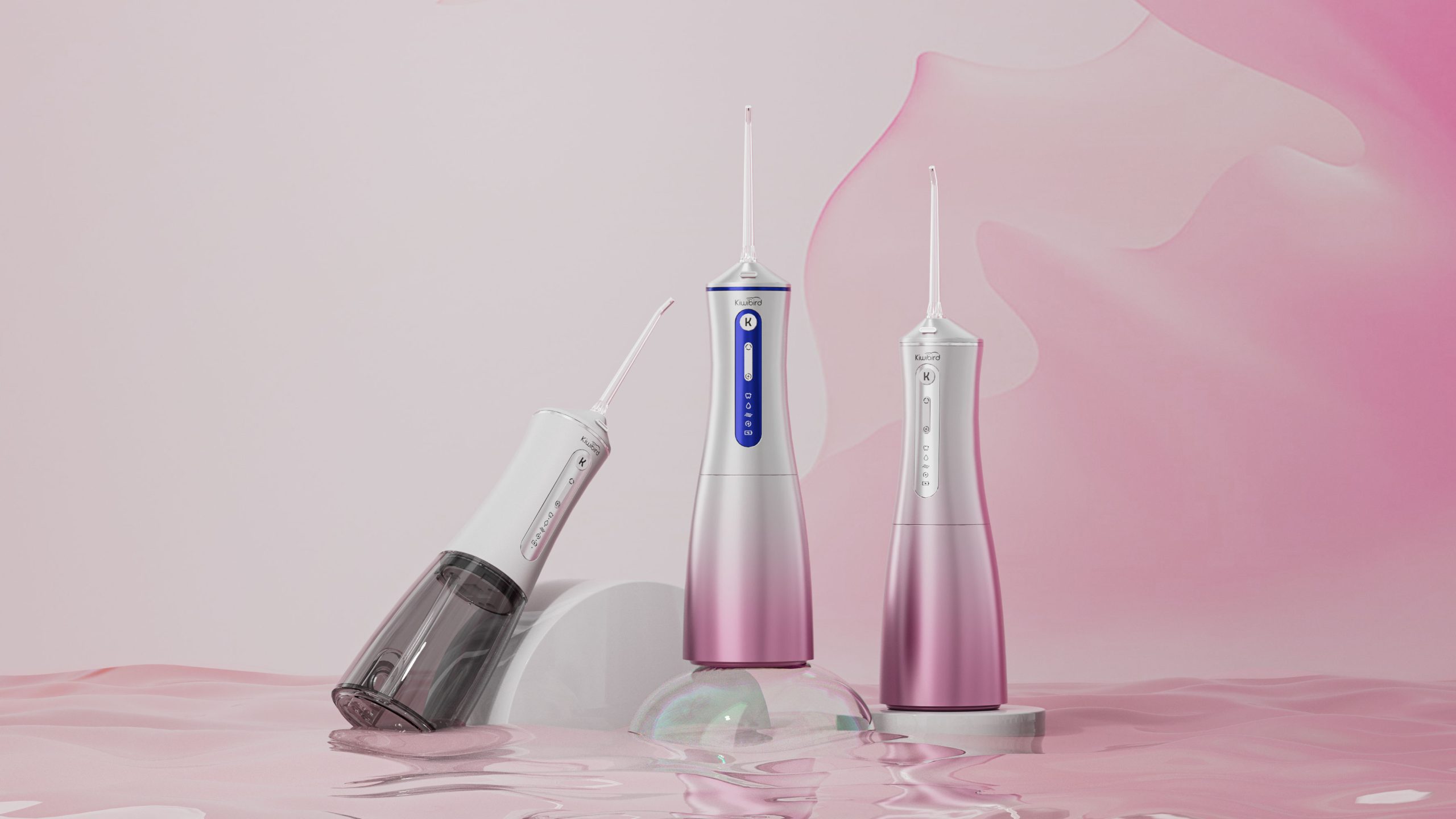
What Are the Causes of Bad Breath and How to Treat It?

Electric Toothbrush OEM Process: The Secrets Behind the Professional Manufacturing Process
.jpg)
Dentist Approved Electric Toothbrush for Periodontal Care Mumbai
.jpg)
Electric Toothbrush Packaging OEM Solutions for B2B Brands
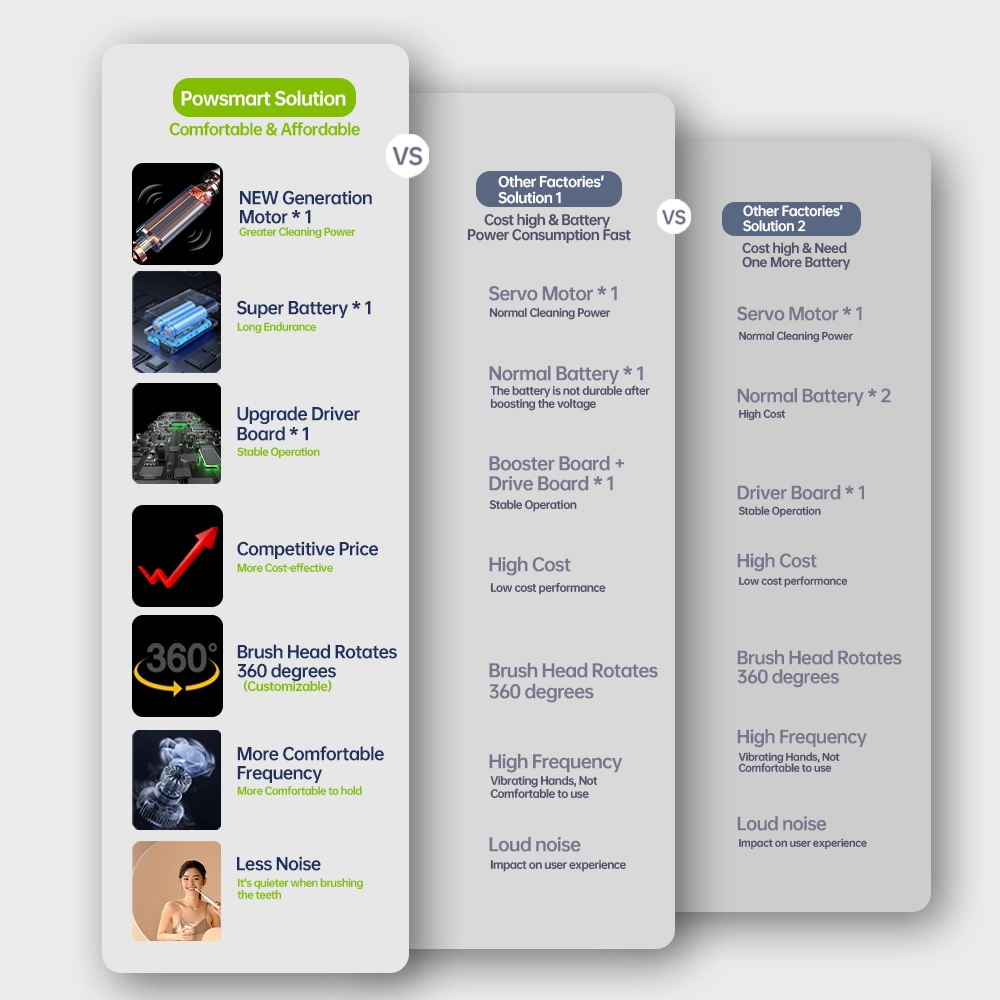
Analysis of the Core Components of the Electric Toothbrush: Technical Secrets from the Motor to the Brush Head